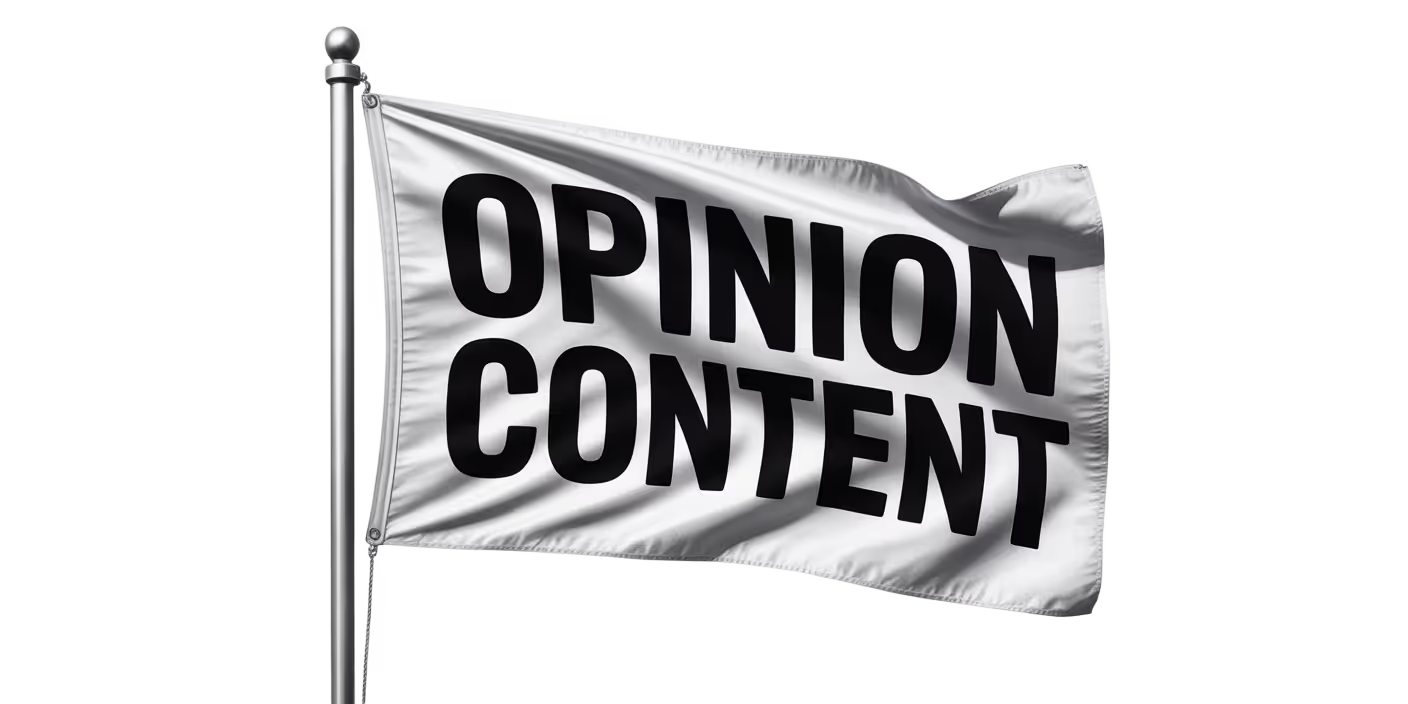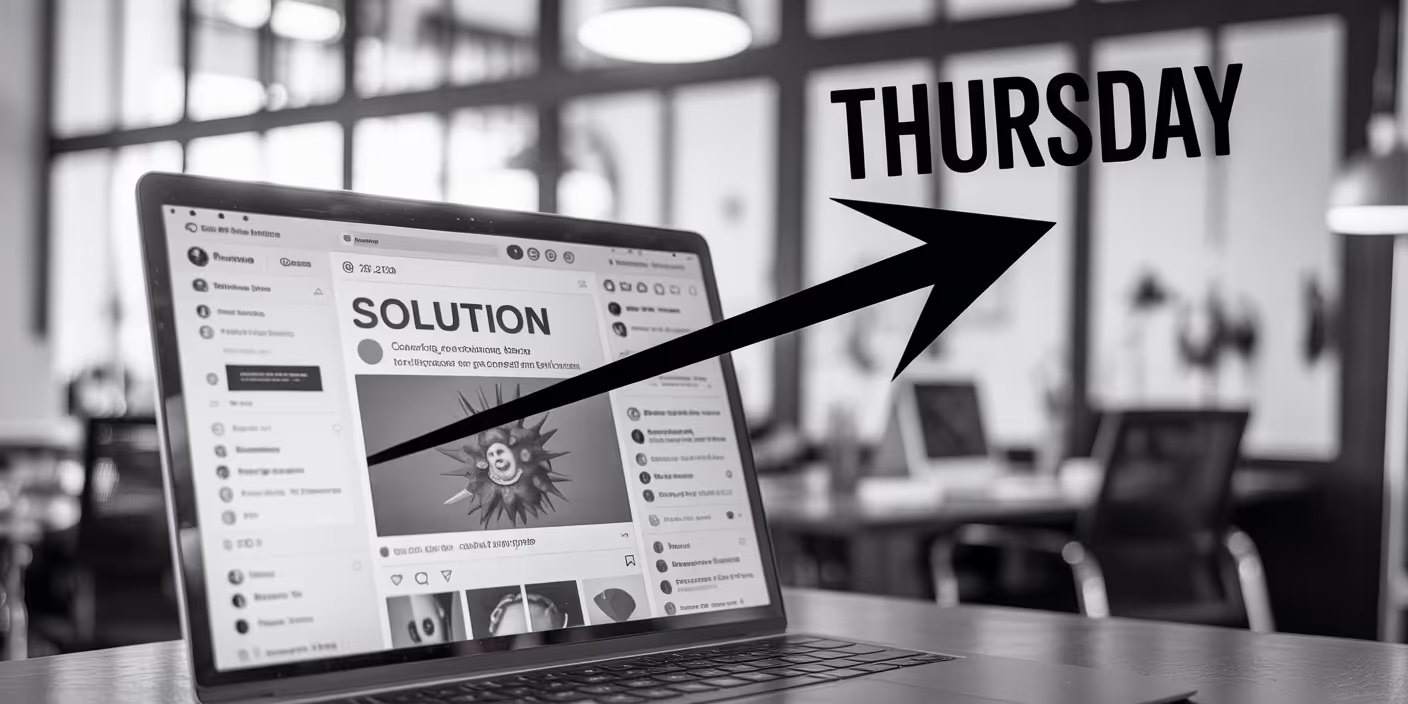B2B social media agency
A weekly social media content system to build influence and your pipeline
Social media done well doesn’t just “build engagement”. It gets your content read, shared and acted on. The platforms B2B marketers lean on most are:
• LinkedIn: 85% say it delivers the best value
• Facebook: used by 79%, with 20% increasing activity
• X: engagement is recovering, up 35% year on year
The challenge is rising above empty posts and recycled content. You need to stand out from vague motivational quotes, divisive social commentary and self-congratulatory 'humblebrags', not to mention the growing tidal wave of AI filler.
Our answer is simple: one weekly topic, one article, five posts - all centred on issues your target buyers care about. A system built to make you visible to the right buyers and deliver a predictable return from your social media.












